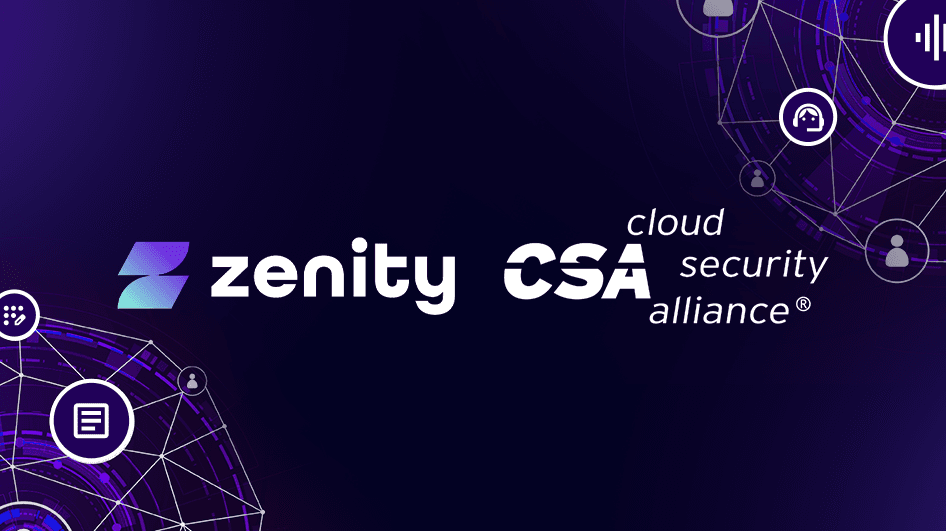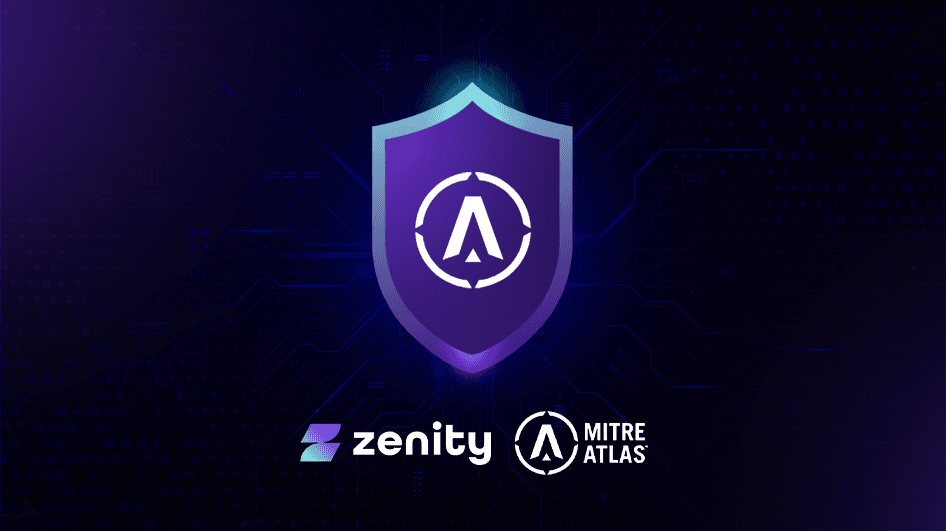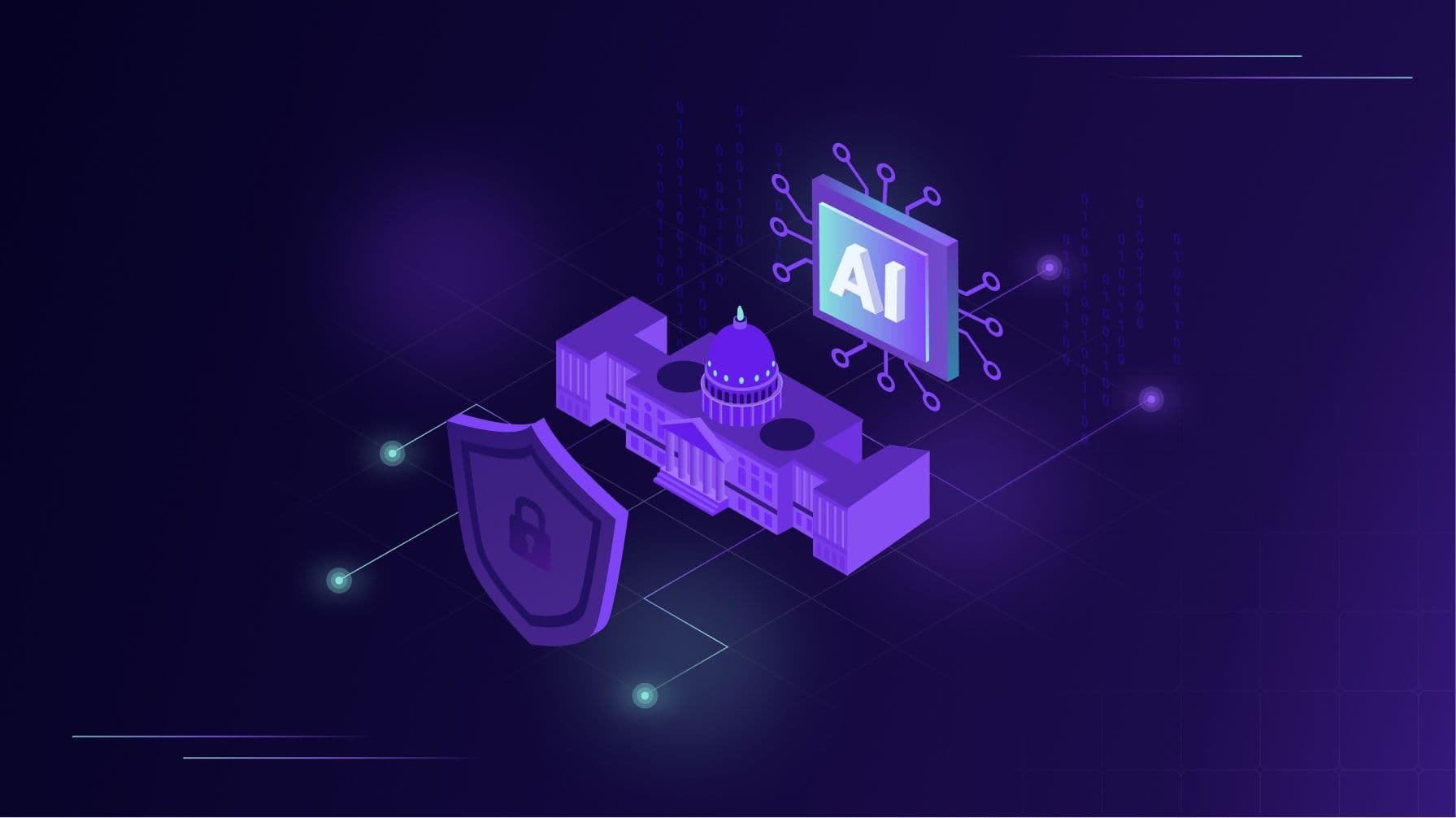Empowering Governance in AI-Driven Citizen Development

AI is at the heart of technology democratization. As AI tools become more accessible, individuals and organizations have begun to utilize AI copilots to build their own apps, automations and increase productivity in their jobs. This transformation has come to be known as the next evolution of low-code and no-code development. This development promises to accelerate innovation, enhance productivity, and solve complex problems more efficiently than ever before.
However, this ease of use comes with challenges, most notably regarding governance and privacy. As part of this empowerment, robust governance frameworks that can support these low-code and no-code development with support for data protection is vital.
Governance in generative AI and its role in developing apps and automations isn’t just about setting rules and boundaries; it’s about empowering people to innovate… securely. This governance involves creating a supportive ecosystem: environments where ethical considerations, data privacy, and compliances are integrated into the very fabric of the development process.
Let’s examine how security can act as an enabler for citizen development without hindering productivity or efficiency.
Laying the Foundation: Why Does Governance Matter?
AI-driven development empowers citizen developers with substantial power, enabling them to create applications and automations capable of accessing, processing, and storing sensitive data across the enterprise. Therefore, responsible and transparent harnessing of this power is imperative. Proper governance ensures the protection of data privacy and adherence to regulatory requirements.
Let’s consider a hypothetical example. A marketing professional with a strong background in customer service wants to enhance the customer experience. He uses Microsoft Copilot Studio’s AI capabilities to create a chatbot that gives personalized shopping recommendations to customers online.
This chatbot is designed to analyze customer queries, past purchase history, and browsing behavior to offer product suggestions. Although such a program can be developed with the best of intentions, several risks underscore the need for governance.
For example, the app would need to access sensitive customer data to work, and likely would need to connect to third-party applications that exist outside of the Microsoft ecosystem. Without proper oversight, there’s a risk of violating data protection laws, like GDPR or CCPA. The chatbot must also decide what products to recommend. Without ethical guidelines, it might prioritize products in a manipulative way, exploiting vulnerabilities in consumer behavior or perpetuating bias.
Because its creator has limited development and technical expertise, it might result in a chatbot that misunderstands customer inquiries or provides inaccurate information. This would create a ripple effect of frustration and eroding trust in that brand.
Strategies for Effective AI Governance
Harnessing the power of AI development and low code or no-code tools requires a multi-pronged approach. Here are several key strategies that help organizations ensure that their governance frameworks are adaptable, comprehensive, and complete.
Establishing Mechanisms to Understand What’s Being Built with AI
Organizations should have constant visibility of what apps are being created. This includes always having insight on where AI is inserted throughout the org, what data it’s interacting with, responsibilities, and accountability mechanisms for AI projects.
Implement Data Governance Policies
Given the central nature of data in AI applications, implementing data governance policies is a must. These policies must address data quality, privacy, security, and access controls, but most importantly, determine which applications are processing and storing what data, and what users are interacting with those applications. Such policies are needed to ensure that the datasets used in AI projects are handled in compliance with privacy and other regulations.
Education and Training
Empowering citizen developers means educating them on ethical best practices, AI use, data handling and relevant legal regulations. Organizations should provide ongoing training programs that equip these developers with the necessary skills to navigate the complexities of the AI world effectively and responsibly.
Creating a Culture of Responsibility
Perhaps the most important of these facets is creating a culture of responsibility. This means that things like data integrity and legal compliance aren’t just mandated but inherently valued by everyone involved. Doing so embeds a sense of duty built into the innovation that drives the organization.
Such a culture of responsibility requires mechanisms for accountability. Adherence to policies is monitored, and swift corrective action is taken if there are vulnerabilities or other issues. Constructive feedback should be used to refine processes and protocols.
This means it’s up to the organization to prioritize transparency and openness and address relevant concerns about responsible AI use. By prioritizing this type of business culture, organizations can ensure that AI-driven citizen development aligns with their broader societal goals.
Facilitating Collaboration Between IT and Citizen Developers
Facilitating collaboration between IT and cybersecurity professionals and citizen developers is essential to harnessing the full potential of AI-driven development. This type of collaboration helps bridge the gap between citizen developers’ agility and business-centric focus and IT professionals’ technical expertise and security awareness. IT and cybersecurity professionals can have tools in the back that are able to assess these apps for risks. This is essential in a world where most AppSec tools are rooted in code scanning and thus miss the mark here.
In addition, joint training sessions and regular workshops can help promote mutual understanding and an appreciation of others’ challenges and perspectives. This means establishing clear collaboration guidelines, such as data access protocols, project approval processes, and feedback loops. By creating a culture of collaboration, organizations benefit from the strengths of IT and citizen developers.
How Zenity Can Help
Zenity acts as a vital facilitator in AI-driven citizen development, bridging the gap between rapid innovation and robust governance. Zenity allows organizations to enforce governance policies across all development stages by providing a centralized platform for managing and monitoring AI projects.
Its abilities to automate compliance checks, track project progress in real-time, and flag potential issues before they escalate help empower citizen developers to innovate confidently. Beyond these features, Zenity also offers tools that encourage seamless communication, shared access to project dashboards, and seamless approval processes.
At Zenity, our mission is to champion the utilization of low-code and AI tools, fostering innovation and productivity while ensuring robust governance and security. With Zenity, businesses can confidently embrace the future of AI-driven citizen development, knowing that they have the necessary safeguards in place to thrive in a rapidly evolving digital landscape.
Read More: Securing Copilot for Microsoft 365: New AISPM Capabilities from Zenity
Read More: Low Code Application Security Best Practices and Strategies
Read More: The Importance of Low Code Security in Today’s Digital Landscape
Related blog posts

Securing AI Where It Acts: Why Agents Now Define AI Risk
In the first round of the AI gold rush, most conversations about AI security centered on models: large language...

Advancing AI Security: Zenity’s Contributions to MITRE ATLAS’ First 2026 Update
MITRE ATLAS has become a critical resource for cybersecurity leaders navigating the rapidly evolving world of AI-enabled...

The Genesis Mission: A New Era of AI-Accelerated Science and a New Security Imperative
Innovation has always been the engine of American advancement. With the launch of the Genesis Mission, the White...
Secure Your Agents
We’d love to chat with you about how your team can secure and govern AI Agents everywhere.
Get a Demo